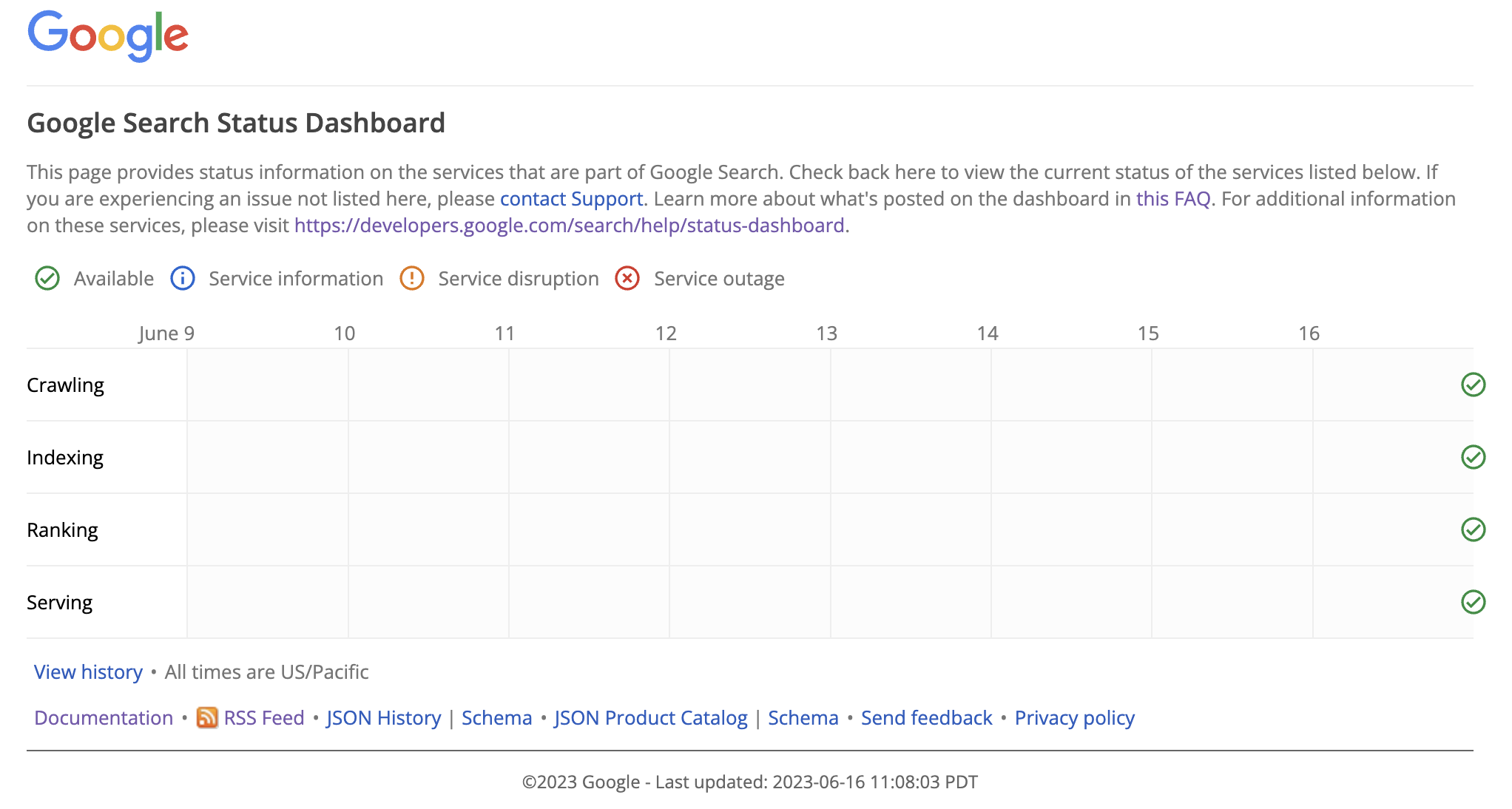The Google Search team organized Google Search Central Live, Japan’s first in-person event since the 2019 Webmaster Conference.
#SearchCentralLive Tokyo is about to begin and we couldn’t be more excited! So! Many! People! 😍 pic.twitter.com/HSOS7bFZJ3
— Google Search Central (@googlesearchc) June 16, 2023
Website owners, digital marketers, web developers, and SEO professionals attended the event on June 15 – 16, which served as a platform to discuss SEO and website optimization best practices while also providing an opportunity to learn from industry experts and the Google Search team.
Attendees had the chance to interact with online practitioners from various regions, gain insights into the latest developments in Google Search, and engage in discussions on improving their website’s search performance.
While the event was not open to the press for coverage purposes, it featured a diverse lineup of speakers, including Googlers and experts. Speakers shared their knowledge and expertise on website performance and optimizing Google search results.
The following are insights from the event shared under the #SearchCentralLive hashtag on Twitter.
Google Search And Generative AI
AI! AI! AI!#SearchCentralLive pic.twitter.com/y8SAD579KN
— 長崎あずさ (@_azuazu) June 16, 2023
As expected, many #SearchCentralLive tweets revolved around AI.
Several tweets from the event included comments from Gary Ilyes, an Analyst at Google, about generative AI.
An interesting slide shared on Twitter from the event included an important reminder to write for humans, not robots.
ユーザーのためにコンテンツをhttps://t.co/XOhIDp4ZfU#SearchCentralLive pic.twitter.com/XCpOjGRkRb
— TAHAYU (@tahayu55wd) June 16, 2023
Google SearchLiasion shared the same reminder almost 12 hours later in response to a recent article that seemingly encourages ecommerce store owners to create content for robots.
If you create content, a reminder: create your content for people, not robots, for success with Google Search. That’s long been our advice. For a refresher, see our guidance about creating helpful, reliable, people-first content: https://t.co/NaRQqb1SQx
— Google SearchLiaison (@searchliaison) June 16, 2023
Google FAQs About Generative AI
One attendee shared a link to a document from Google answering FAQs about generative AI.
In it, Google explained the following about generative AI and large language models.
- Generative AI refers to machine learning models that can use what they’ve learned from data to create new content like text, images, music, and code. They learn through patterns in data.
- Large language models (LLMs) are generative AI models that can predict the next words in text based on patterns they’ve learned.
- LLMs are not databases or information retrieval systems. They generate responses based on their learned patterns, so their answers can contain factual errors.
- The safety and risks of LLMs need to be managed through measures like filtering training data, fine-tuning the models, and fact-checking responses.
- LLMs are trained on large amounts of data to learn patterns—the more varied the data, the better the model’s performance.
- LLMs don’t inherently understand the information they generate. Their responses that seem to show emotions or opinions come from the patterns they’ve learned from human-created data.
- LLMs “hallucinate” when they generate factually incorrect and seemingly coherent responses due to insufficient relevant information. Hallucinations can be reduced but not prevented entirely.
- Mitigating bias in generative AI models involves improving them with balanced data representing diverse perspectives and views.
The Updated Search Quality User Report
Google recently updated the form that allows Google search users to report spam to ensure search results meet Google Search Essentials.
Attendees shared the new feedback form, which includes options for spammy content, spammy behavior, deception, low quality, paid links, or other abuse of search tactics. It also has a bulk submission feature to submit up to five pages in one report.
The Search Status Dashboard
Another helpful link shared by several attendees was for the Google Search Status Dashboard. This dashboard displays the current status of crawling, indexing, ranking, and serving issues that may affect website owners.
 Screenshot from Google, June 2023
Screenshot from Google, June 2023Fast-Paced Lightning Talks
In addition to the informative talks and presentations, the event offered unique features like the Lightning Talks sessions.
These sessions deviated from traditional conference formats and consisted of short, fast-paced presentations. Each speaker had a time limit of 7 minutes and a limited number of slides to convey their ideas, promoting interdisciplinary conversations and collaborations.
One lightning talk session covered the use of AI chat at work, which suggested that many workers do not understand how to use generative AI chatbots for the right tasks. The speaker recommends that AI chat is best for idea generation, writing, coding, translations, and summaries.
As a great use case example, I used Google Translate (which uses AI) to translate many of the tweets, slides, and documents about the event.
You can view more Lightning Talks on YouTube, including this recent one on Search Console for news sites.
Valuable Insights For Website Owners
傘もらった!
かわいい!!#SearchCentralLive pic.twitter.com/F5kZ2NKsc0— きくながまさし/SEOする人 (@web_masashi) June 16, 2023
Overall, the Google Search Central Live event provided a valuable platform for website owners, web developers, and SEO professionals to enhance their knowledge of Google Search and improve their website’s performance.
With its diverse range of speakers, tailored content, and networking opportunities, these events can be a productive and engaging experience for attendees.
Featured image: Daboost/Shutterstock
